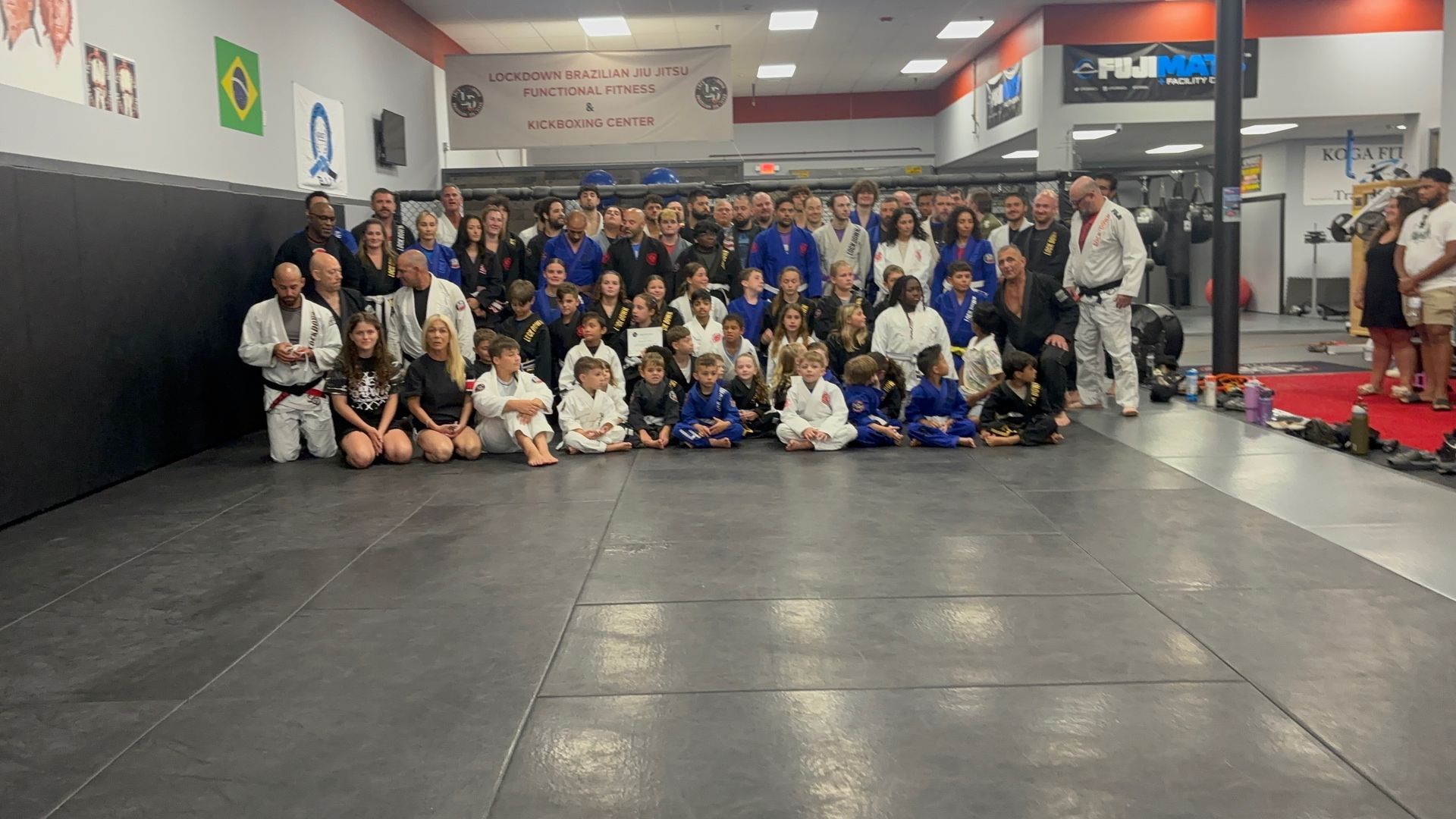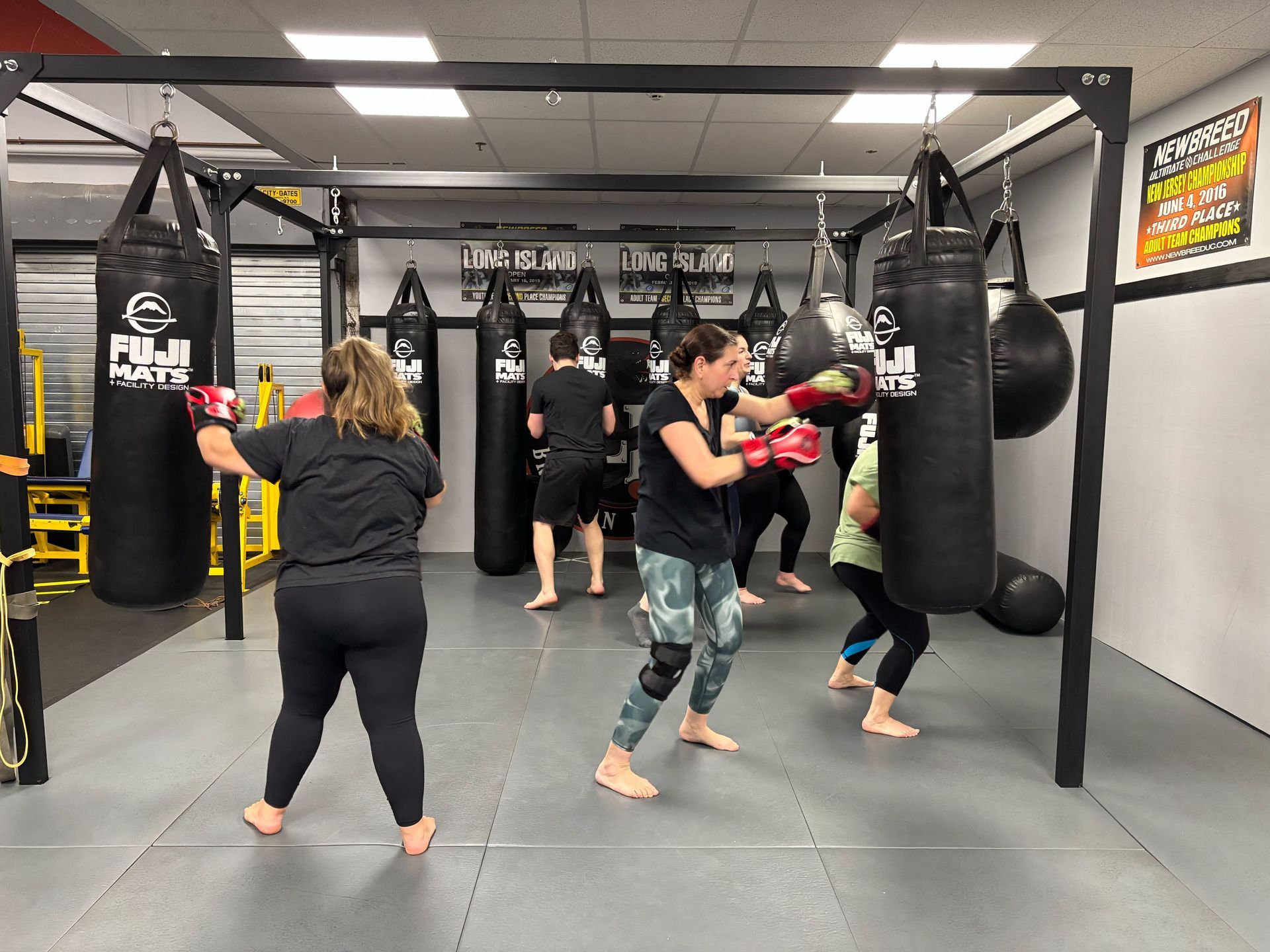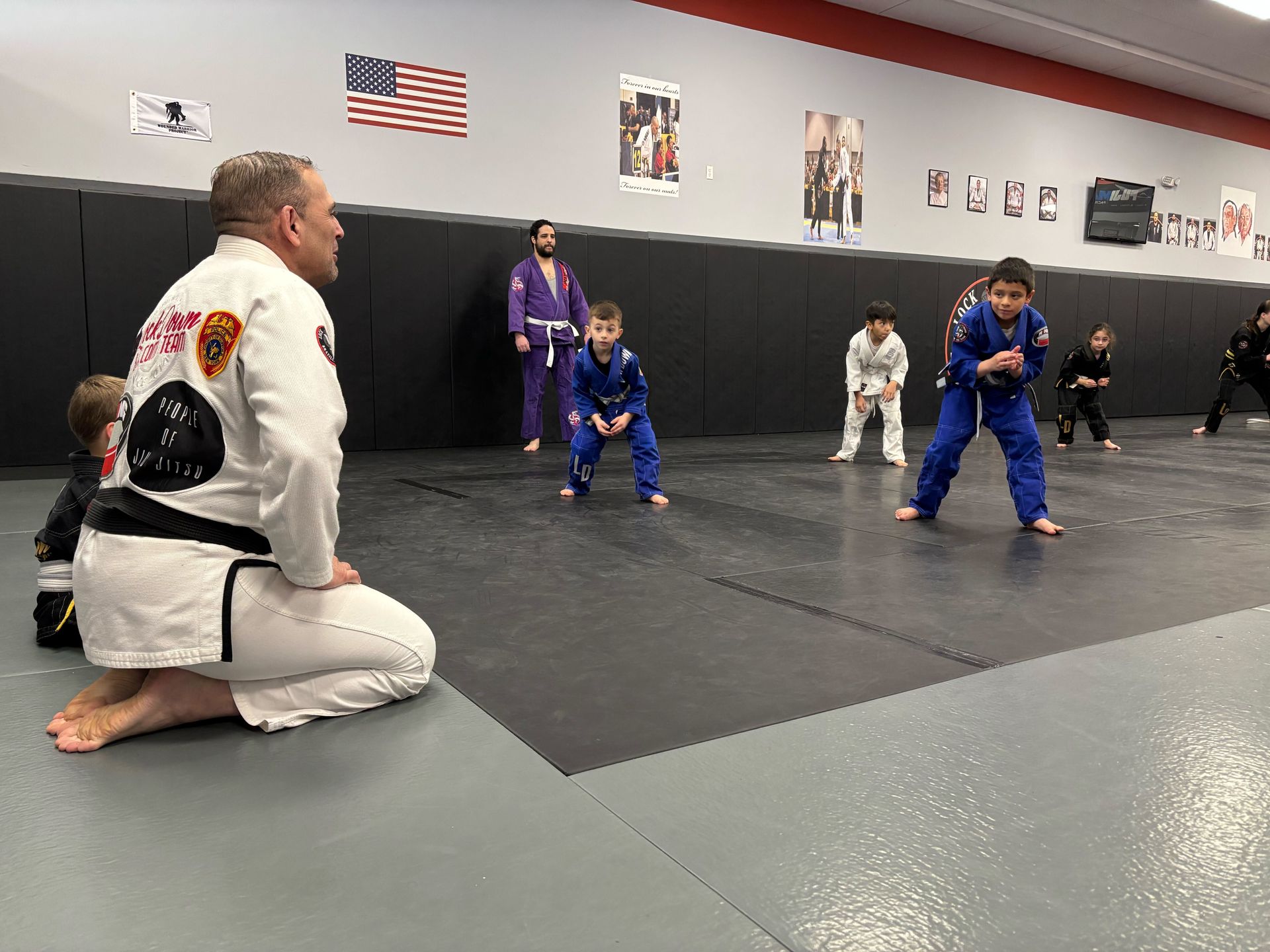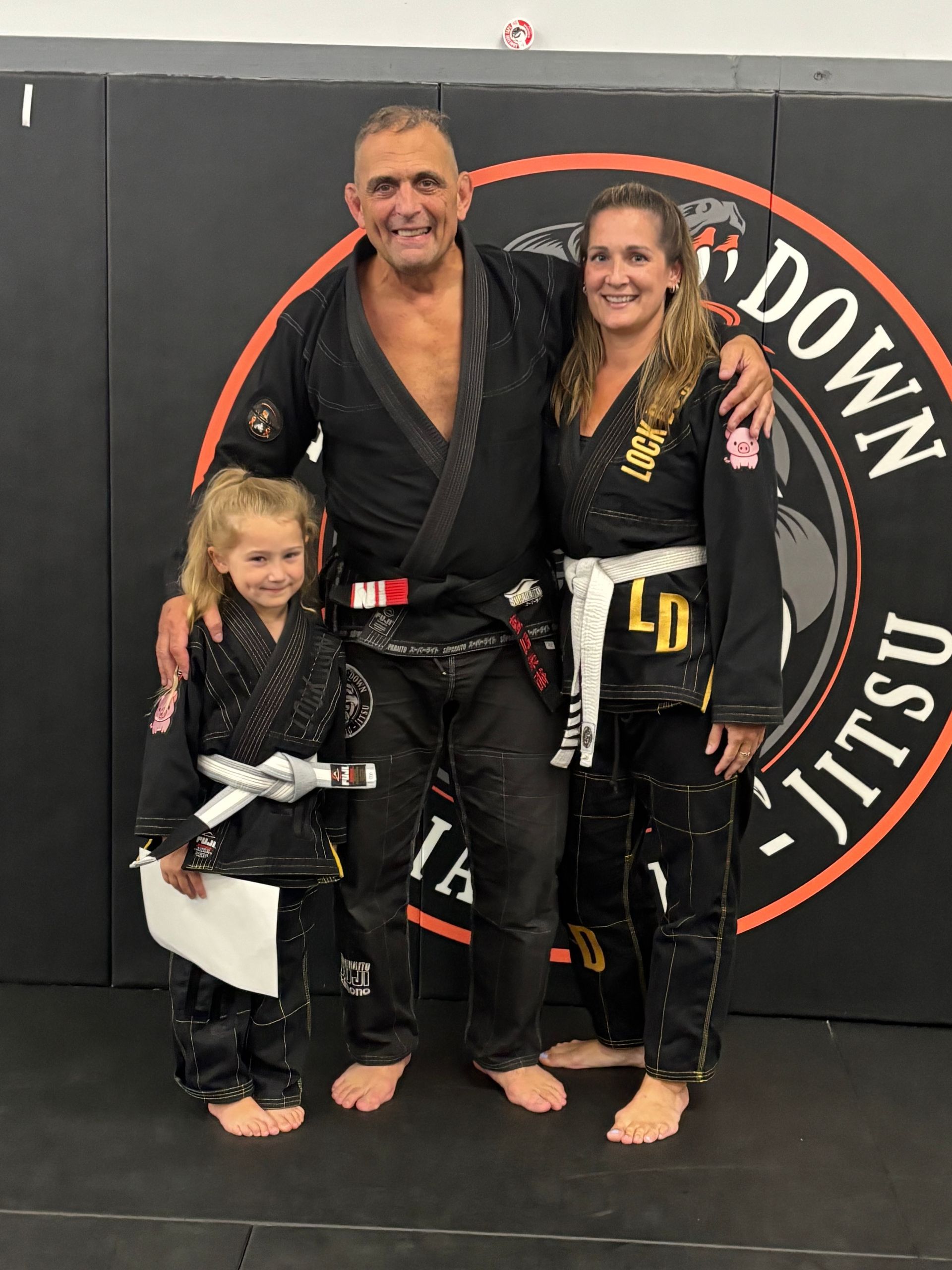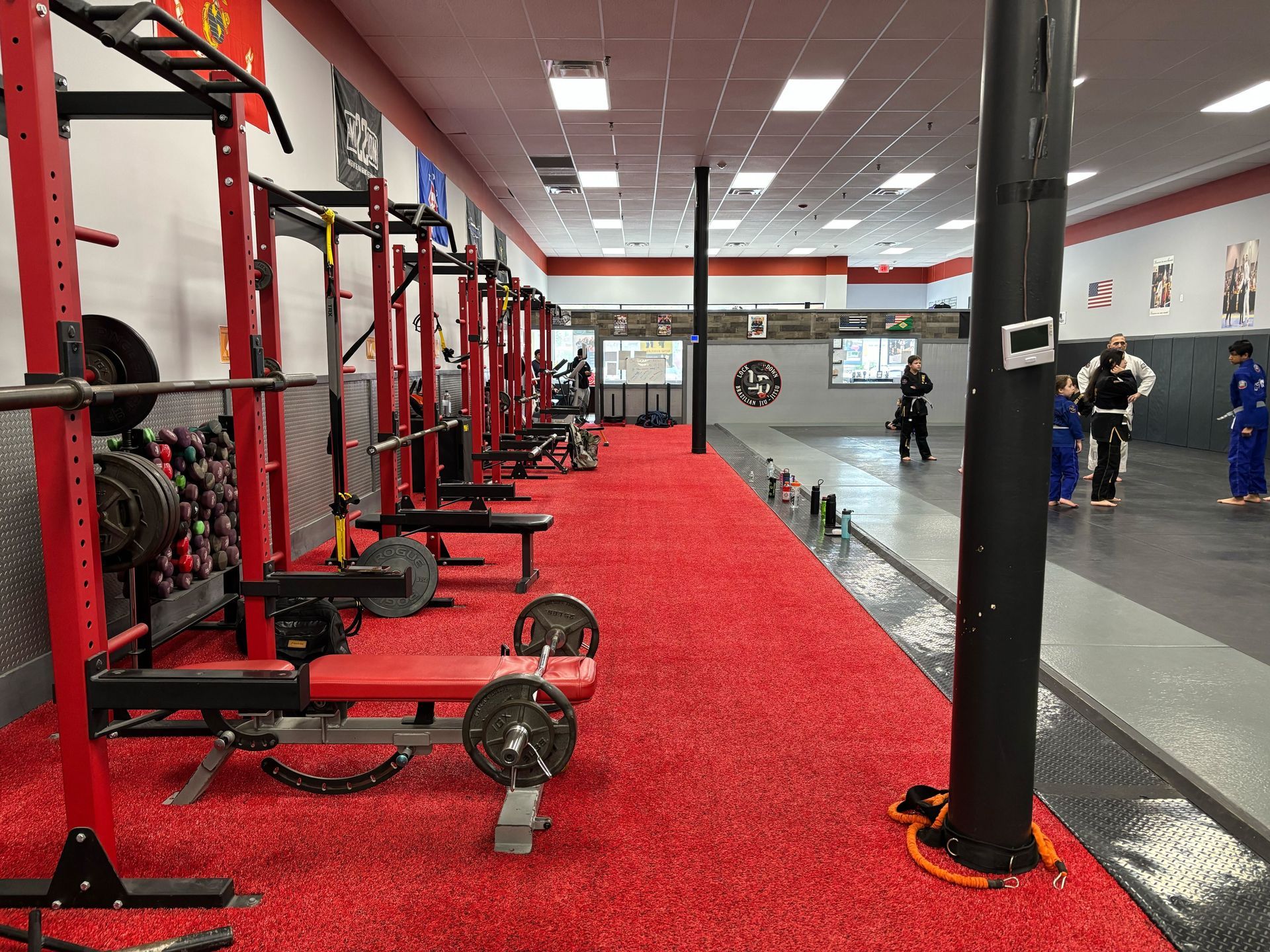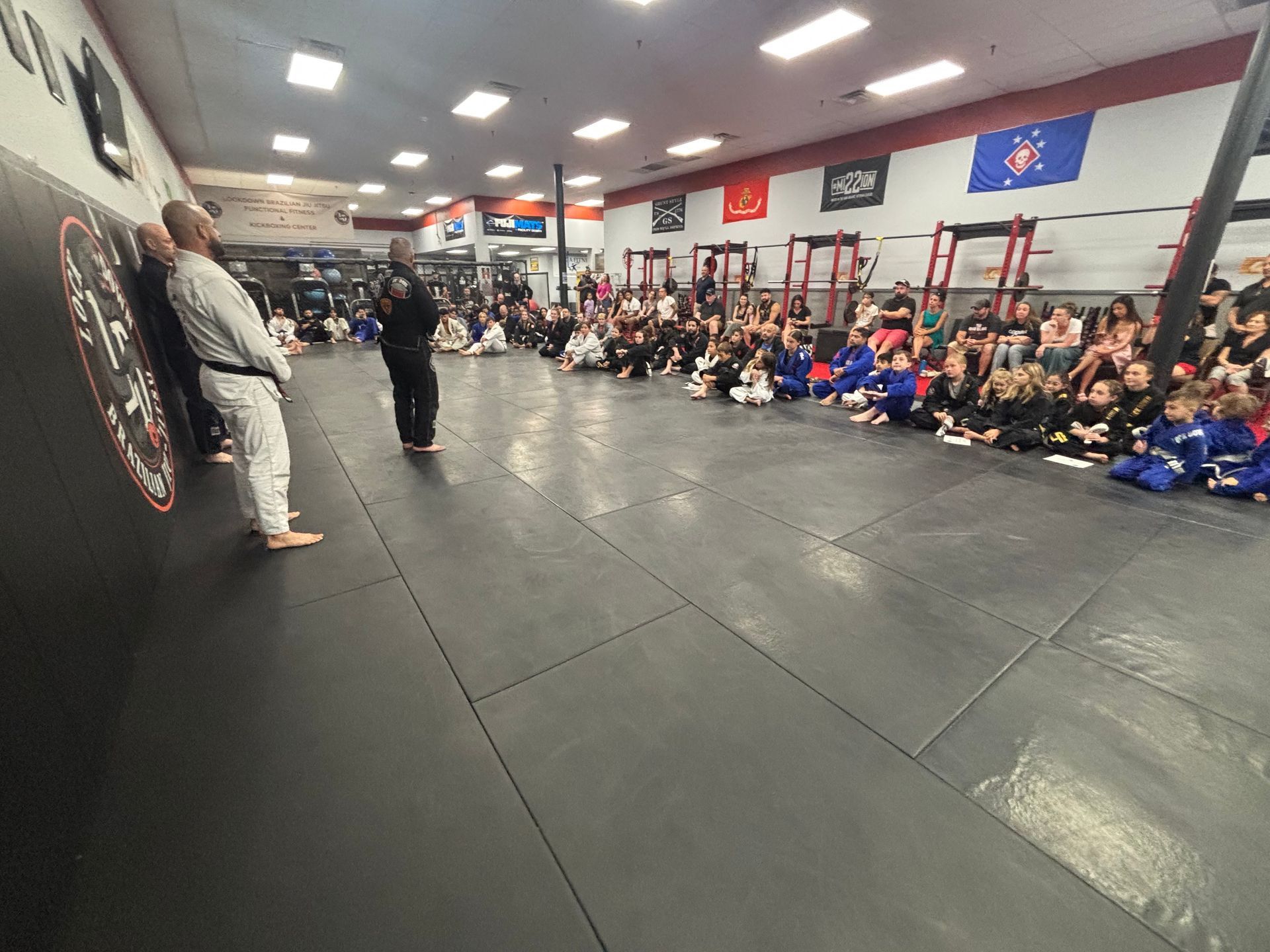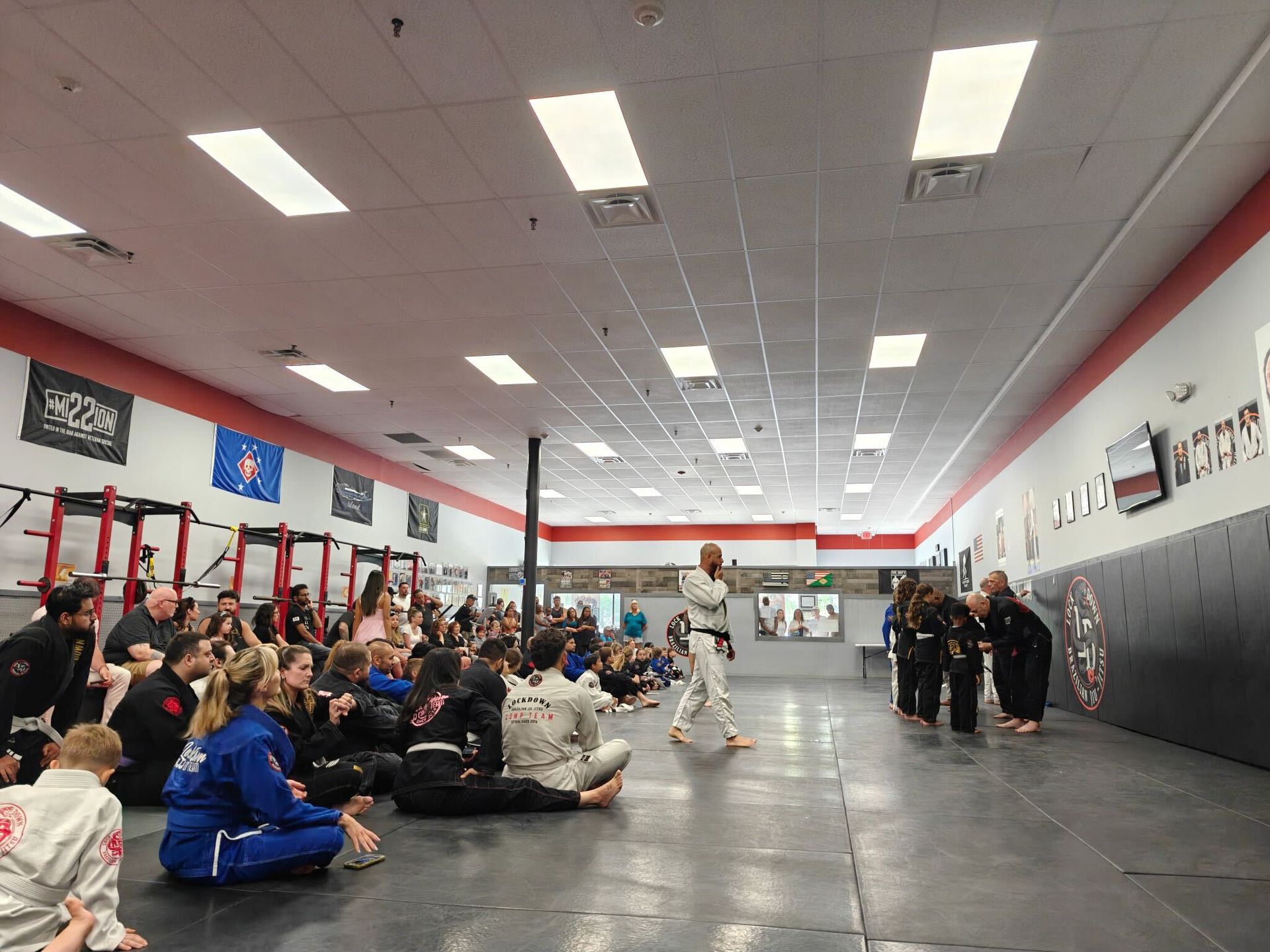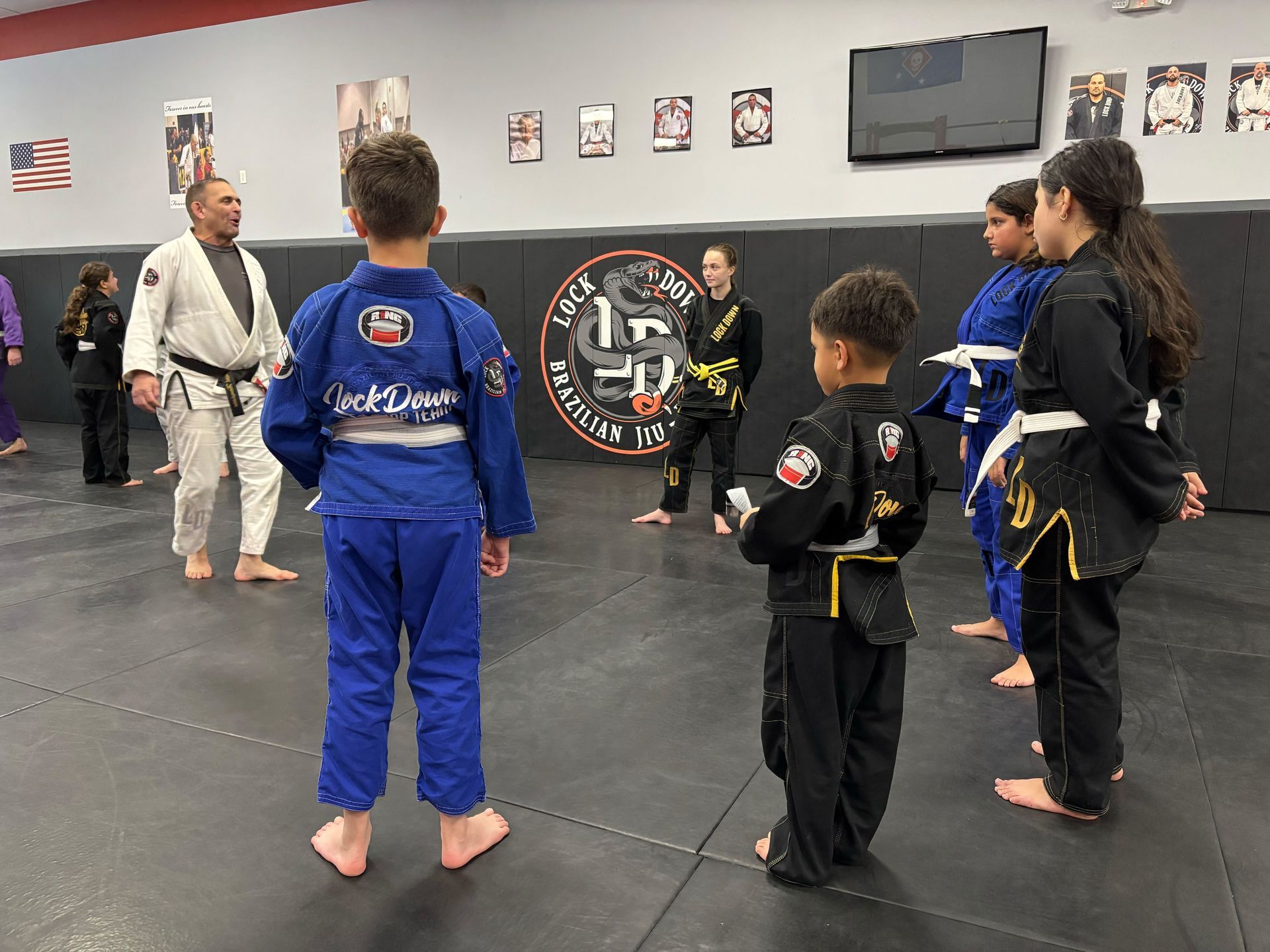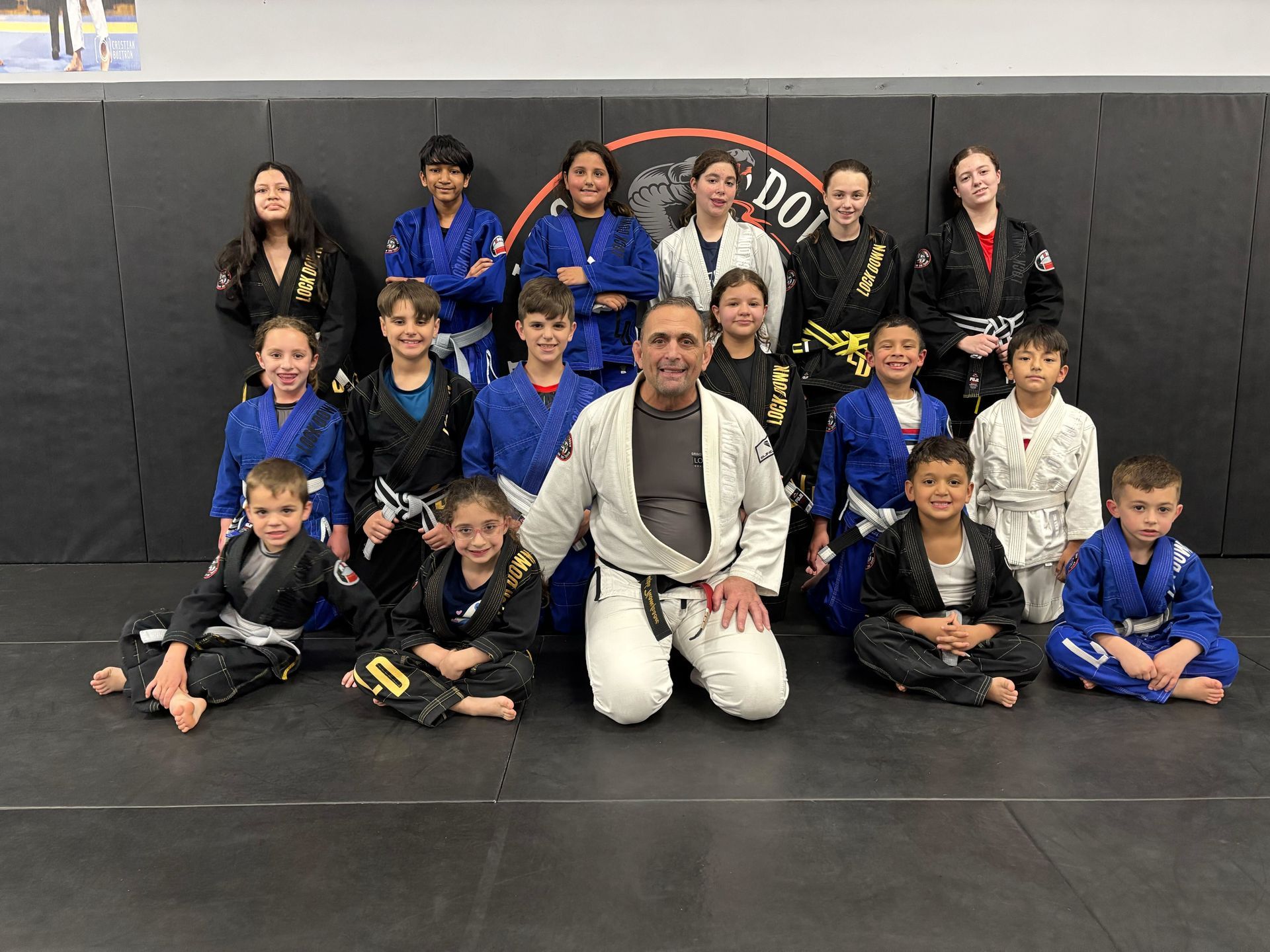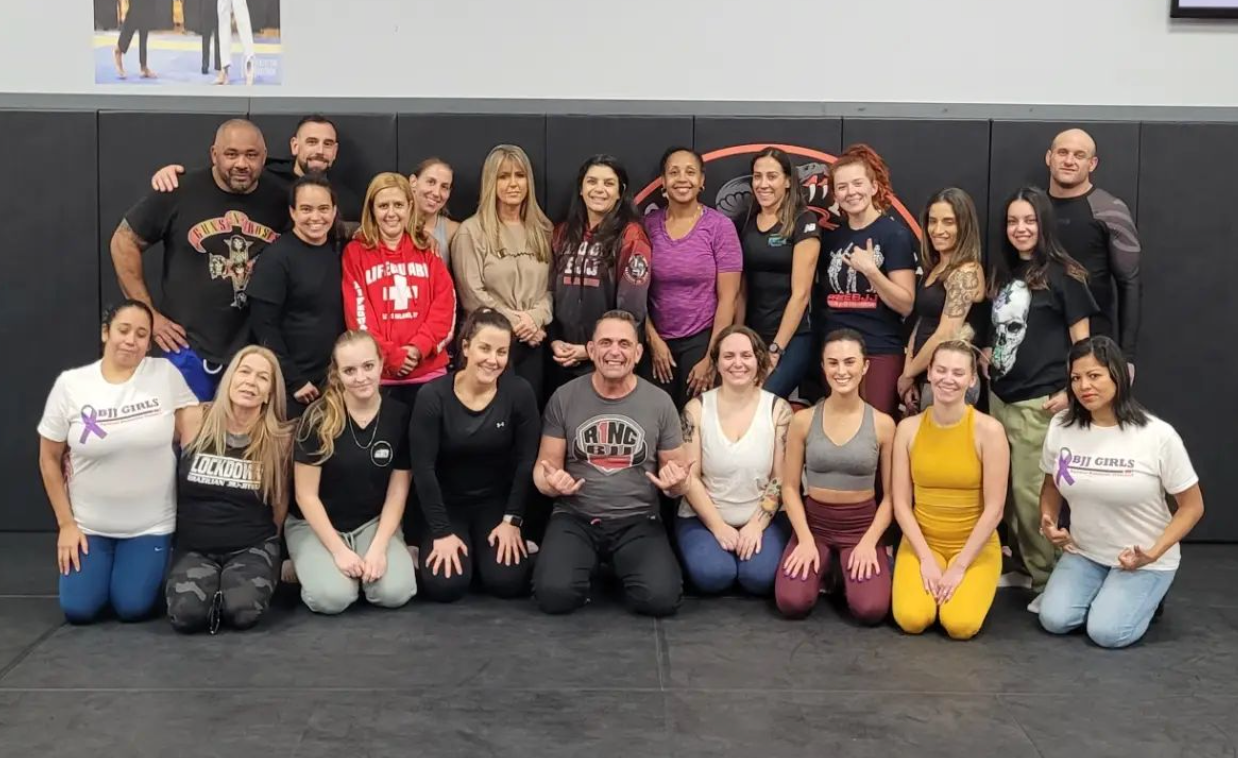Family bonding is more important than ever in today’s fast-paced world.
One activity that has proven to be uniquely beneficial in bringing families closer together is martial arts. This practice not only enhances physical fitness but also strengthens emotional ties, communication, and mutual respect within families. Whether you're a parent, child, or grandparent, martial arts can offer transformative benefits for everyone involved.
Understanding Martial Arts as a Family Activity
Martial arts isn’t just a sport for individuals seeking personal growth or self-defense. When practiced as a family, it becomes a shared experience that unites everyone in the process of learning and growing together. Parents and children of all ages can participate, making it an ideal activity that spans generations. Engaging in martial arts as a family can create lasting memories, as well as opportunities for personal development that benefit the entire family unit.
Why Family Bonding Is Essential in Today's World
In a world dominated by technology and the pressures of modern life, finding quality time to connect as a family can be challenging. Many families struggle to maintain meaningful relationships due to the distractions of work, school, and other obligations. Martial arts provide a structured, yet flexible, way to carve out time for connection. It encourages families to step away from screens and engage in a fun, physical activity together.
Physical Benefits for the Entire Family
Improved Physical Fitness and Health
One of the primary benefits of martial arts is the physical fitness it offers for everyone involved. From children to grandparents, martial arts improve cardiovascular health, strength, flexibility, and endurance. Since martial arts techniques often emphasize a full-body workout, families participating together will notice increased energy, better overall fitness, and improved coordination over time.
Healthy Lifestyle Habits Passed to Children
When parents model a commitment to physical fitness through martial arts, children are more likely to adopt those habits. Martial arts instill values such as discipline, perseverance, and self-care, all of which promote a healthy lifestyle. These habits, learned through martial arts, often stick with children into adulthood, shaping their approach to health and wellness for years to come.
Building Emotional Connections Through Martial Arts
Shared Challenges and Achievements
One of the key emotional benefits of martial arts is the shared experience of overcoming challenges. Whether it’s learning a new technique or advancing to a higher belt, families face these challenges together. Achieving goals as a unit strengthens the emotional bonds between family members. The sense of accomplishment is shared, and this mutual success helps build a deeper sense of togetherness.
Teamwork and Support in Training
Training together fosters teamwork. Family members must encourage and support each other throughout their martial arts journey. Whether sparring, practicing techniques, or attending classes, martial arts push families to collaborate, helping each other improve and grow. This teamwork naturally translates into stronger emotional bonds outside of the dojo as well.
Developing Mutual Respect and Discipline
Practicing Discipline Together
Martial arts emphasize discipline—something that can greatly benefit family life. Whether it's adhering to a strict training schedule or maintaining focus during practice, discipline becomes a shared value. Parents and children learn to hold each other accountable, fostering a sense of mutual respect and responsibility.
Respect Between Family Members and Instructors
One of the fundamental principles of martial arts is respect—for instructors, peers, and oneself. Families that practice martial arts together are taught the importance of respecting each other’s efforts and space. This respect often extends into the home, resulting in better relationships and fewer conflicts between family members.
Enhancing Communication Skills Within the Family
Non-verbal Communication in Martial Arts
Martial arts often rely on non-verbal cues—especially when training with partners. Family members practicing together learn to read each other’s body language, which can enhance non-verbal communication skills outside of martial arts as well. This helps create an unspoken understanding between family members, deepening emotional connections.
Verbal Encouragement and Constructive Feedback
In martial arts, offering positive feedback and encouragement is essential for growth. Family members often provide each other with constructive feedback during practice. This process helps foster a culture of open communication within the family, where each person feels supported and valued.
Promoting Self-Confidence in Children and Parents
Overcoming Fears Together
Martial arts require participants to face challenges, some of which may be intimidating. Whether it’s the fear of sparring or trying a new move, overcoming these fears as a family builds confidence. Children and parents alike can grow more self-assured by tackling their anxieties together, which can have a lasting impact on their personal and family life.
Boosting Self-Esteem Through Achievements
The process of setting and achieving goals in martial arts—such as earning new belts or mastering a difficult technique—boosts self-esteem. When these accomplishments are celebrated as a family, it reinforces each member’s sense of worth and strengthens the emotional bond between them.
Fostering Resilience and Patience as a Family
Handling Defeats and Setbacks Together
Martial arts teach families how to cope with failure. Whether it’s losing a match or struggling with a particular move, setbacks are inevitable. However, learning to handle these defeats together teaches resilience. Families practicing martial arts learn how to support each other through tough times, helping each other bounce back stronger.
Patience in the Learning Process
Progress in martial arts requires patience. For both children and adults, learning new techniques takes time and dedication. As families progress together, they develop patience—not just for themselves, but for each other. This shared patience fosters a more understanding and harmonious home life.
Creating a Fun and Enjoyable Shared Experience
Martial Arts as a Bonding Activity
Martial arts provide a fun, engaging activity that the whole family can enjoy. Whether learning new skills, practicing drills, or attending classes together, martial arts allow families to bond in an enjoyable and productive way. It’s an opportunity to step outside of the daily routine and do something exciting as a group.
Fun Family Competitions and Friendly Matches
Family competitions or friendly sparring matches add an element of playfulness to martial arts. These activities promote healthy competition and allow family members to challenge each other in a fun, low-pressure setting. The joy of competition, coupled with the lessons of sportsmanship, can strengthen family relationships.
Long-term Benefits of Family Martial Arts Practice
Creating Lifelong Memories and Traditions
Martial arts can become a treasured family tradition. As the family progresses, they create lasting memories—whether it’s earning belts, competing in tournaments, or attending special events. These shared experiences can become a foundational part of the family’s history, passed down through generations.
A Stronger Family Unit Over Time
Through consistent practice, martial arts can help create a stronger, more unified family. The discipline, respect, and communication skills learned in the dojo will carry over into everyday life, fostering a deeper connection among family members. Over time, this commitment to martial arts can transform a family into a cohesive, resilient unit.
Frequently Asked Questions (FAQs)
Can martial arts be suitable for families with young children?
Yes, many martial arts programs offer classes tailored for young children, making it a family-friendly activity. Parents and children can train together in age-appropriate environments.
How often should families practice martial arts together?
It depends on the family’s schedule, but practicing 2-3 times per week is a good starting point. Consistency is key to both skill development and maintaining the family bond.
Is martial arts safe for all family members, regardless of age?
Yes, martial arts are generally safe for all ages when proper safety protocols are followed. Many schools offer tailored programs that accommodate different age groups and fitness levels.
What types of martial arts are best for families to practice together?
Styles like Taekwondo, Karate, and Brazilian Jiu-Jitsu are popular choices for families due to their focus on discipline, respect, and age-appropriate techniques.
How can martial arts help resolve conflicts within the family?
Martial arts promote discipline, respect, and communication, all of which are crucial in resolving conflicts. Practicing together can teach family members how to handle disagreements in a constructive way.
Does martial arts training require special equipment for the whole family?
Basic martial arts training typically requires minimal equipment, such as uniforms and belts. As families advance, they may need additional gear, such as gloves or pads, depending on the style practiced.
Final Thoughts
Martial arts offer a unique and powerful way to enhance family bonding. From physical fitness to emotional growth, martial arts help families connect on multiple levels. The shared experiences, challenges, and successes foster stronger relationships, better communication, and mutual respect that will last a lifetime.

